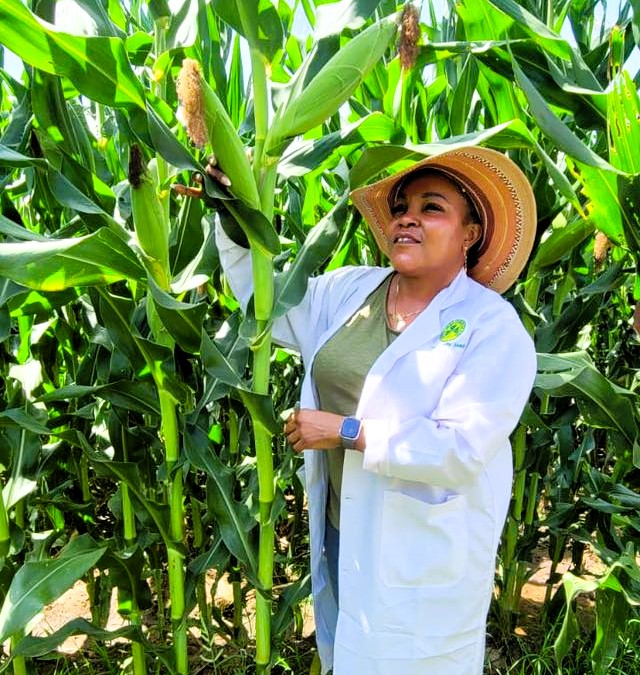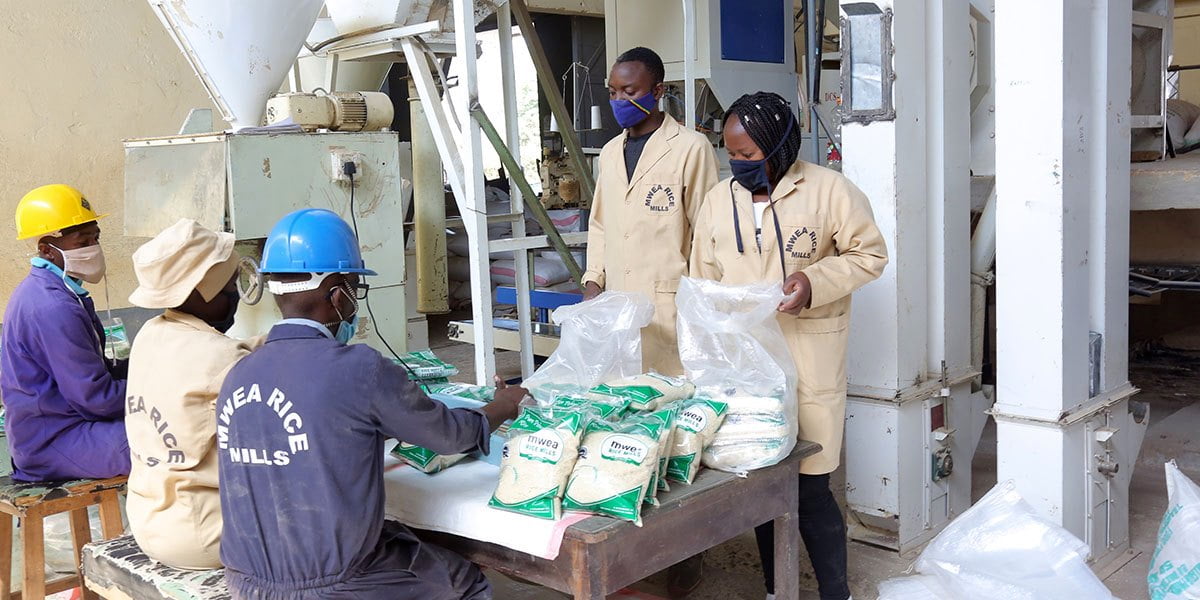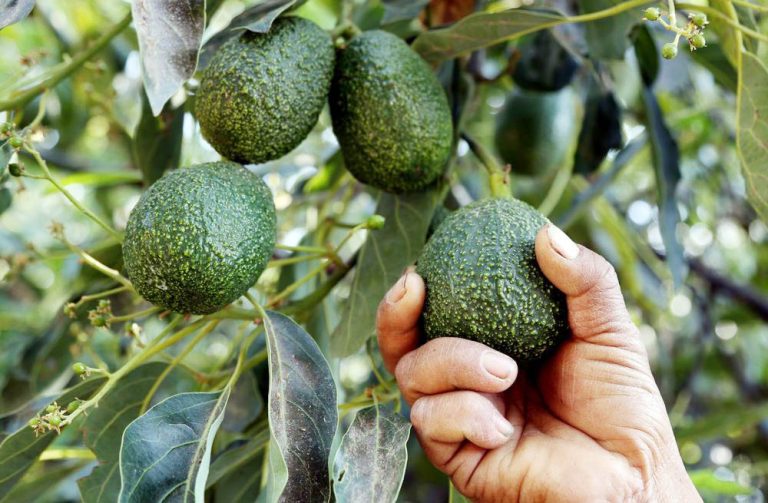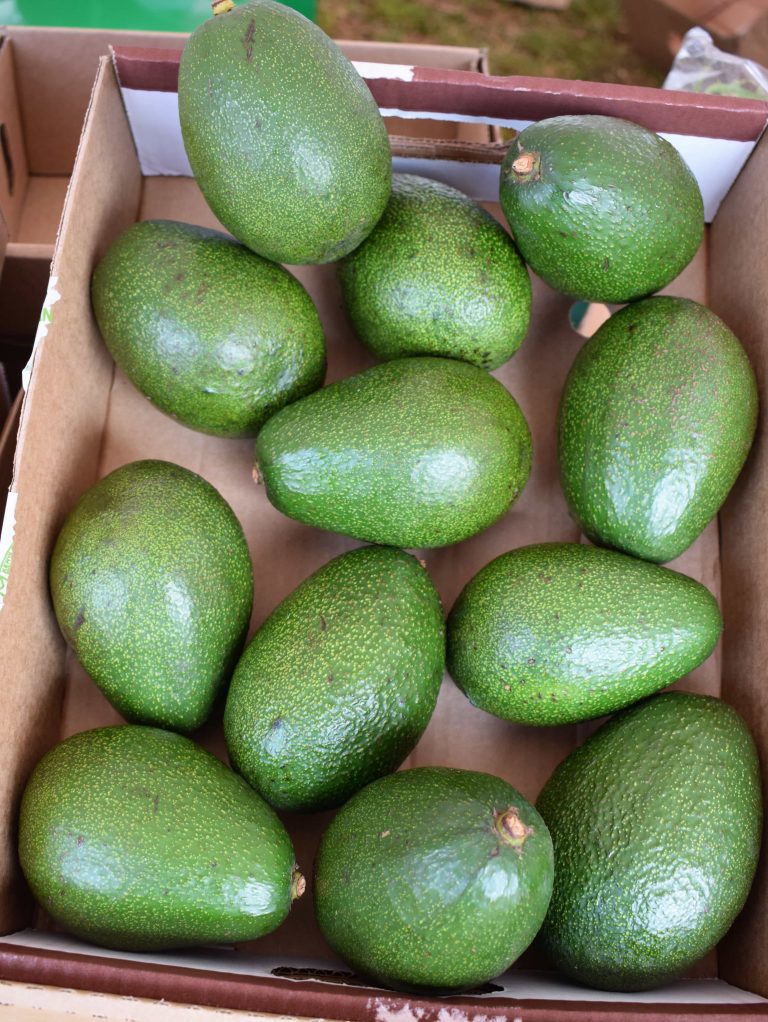By Kimuri Mwangi
A government decision to authorize the duty-free importation of 500,000 metric tonnes of white milled rice has drawn sharp criticism from Kirinyaga leaders, who argue the move undermines local farmers struggling with unsold stock.
In a statement, Kirinyaga Senator Kamau Murango described the Gazette Notice dated 28th July 2025 as “a direct betrayal” of local rice farmers. “Instead of protecting and empowering local farmers, the government appears more committed to promoting collaborators who are rice importers, effectively rendering Kirinyaga rice farmers helpless in their own country,” Murango said.

The Senator added that he had written to the Ministry of Agriculture and the National Treasury a month earlier seeking budgetary allocations to clear unsold rice stocks at the Mwea Irrigation Scheme.
Former Kirinyaga County MP who is also the current Kenya Seeds Company Board Chairperson, Purity Wangui Ngirici, also expressed concern over the move. She noted that the government had recently assured over 8,500 Mwea farmers that the Kenya National Trading Corporation (KNTC) would purchase their unsold stock to make way for the upcoming harvest.
“Before these rice imports begin flowing in, the government must fast-track its commitment to clear existing local rice stock,” Ngirici said. She added that farmers’ concerns over the rebranding of imported rice as Mwea rice had already undermined their market position. “To all concerned parties, this is not a protest, but a patriotic call to act in harmony with our policy commitments and support our dear farmers,” she said.

However, the Agriculture and Food Authority (AFA) defended the decision, citing a severe production deficit. According to AFA Director General Dr. Bruno Linyiru, Kenya consumes approximately 1.3 million metric tonnes of rice annually, yet local production stands at only 264,000 metric tonnes, about 20% of national demand.
“The approval for the duty-free importation is a timely and strategic intervention to address the current supply shortfall,” Linyiru said. He warned that failure to import rice would lead to food scarcity and significant price increases, affecting not only rice but also other staples such as maize and wheat products.

Linyiru emphasized that the duty-free window, which will close on 31st December 2025, is a “targeted, short-term response” designed to stabilize prices and ensure food availability for low-income households. He added that the Kenya National Trading Corporation continues to procure rice directly from farmers and will provide a guaranteed market throughout the milling process.
To safeguard quality, AFA said only Grade 1 milled white rice meeting Kenyan and international standards would be permitted, and all consignments must carry a Kenya Bureau of Standards (KEBS) Certificate of Conformity.





